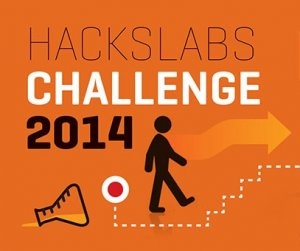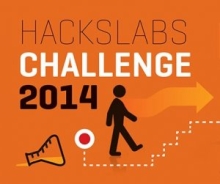

At every meeting, hackathon or workshop, startups and ideas were born and quickly faded. Traditional media were in crisis because of falling print revenues and an unwillingness to produce interactive and data-driven journalism.
Even with the creation of strong communities that push boundaries through innovation, and that train themselves in data use, the lack of editorial decision-making leaves dozens of projects in limbo. At the same time, a large number of organizations are emerging whose worthwhile creations are not gaining the traction or audience they deserve. This, we think, is the niche of HacksLabs, a convergence point between communities, media and finance that can generate long-term value.
The first incubator for data-driven journalism in Latin America launched last week with the HacksLabs Challenge 2014, which will grant a total of US$100,000 for Latin American projects selected in two rounds of competition.
The goal is to be able to connect entrepreneurs, journalists and programmers with both new media and traditional media organizations that want to innovate and move ahead with great ideas that haven’t yet been realized.
This program is part of my ICFJ Knight International Journalism Fellowship, and it is possible thanks to the support of the Knight Foundation, the World Bank Institute, the International Center for Journalists, and mentoring from Knight-Mozilla Open News.
Read the complete post on IJNet.
The International Journalists' Network, IJNet, keeps professional and citizen journalists up to date on the latest media innovations, online journalism resources, training opportunities and expert advice. ICFJ produces IJNet in seven languages: Arabic, Chinese, English, Persian, Portuguese, Russian and Spanish. IJNet is supported by donors including the John S. and James L. Knight Foundation. Image courtesy of Flickr user jwyg under a Creative Commons license.